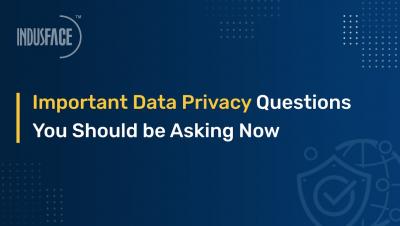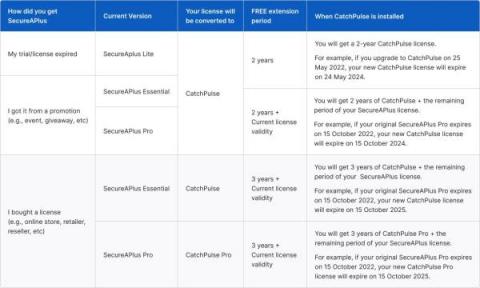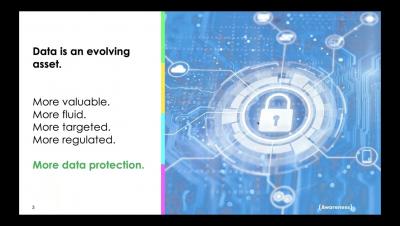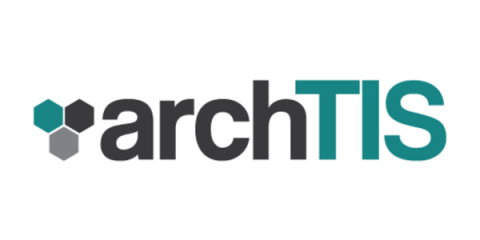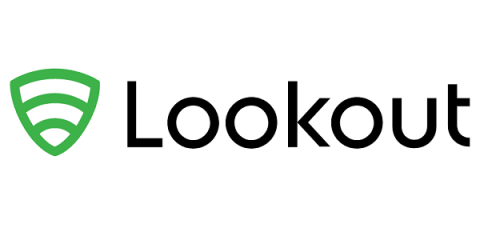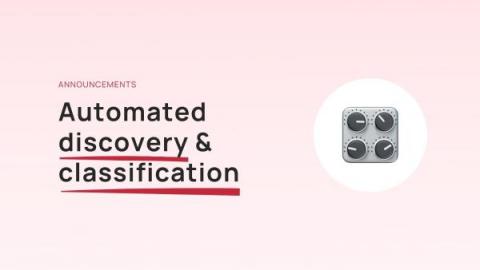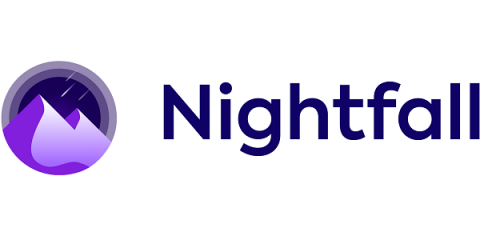Security | Threat Detection | Cyberattacks | DevSecOps | Compliance
Data Security
The latest News and Information on Data Security including privacy, protection, and encryption.
SecureAPlus users upgrade FREE to CatchPulse
SecureAge Technology recently announced the relaunch and renaming of SecureAPlus which is taking place in May 2022. The new upgraded version is now known as CatchPulse. In this post, we would like to share with our existing home customers how this change will affect your SecureAPlus Essentials and Pro installations.
How SecurityBridge & SECUDE offer additional layer of Data Security for SAP data
Adopting a Security vs Compliance Focused Posture
I recently attended a virtual conference on CMMC, an upcoming security mandate for defense supply chain organizations. There were a lot of great sessions, but one that really stood out was presented by Scott Goodwin, Manager – Cybersecurity and Privacy Advisory at DGC.
Data is Everywhere and Encryption Must Follow: Why You Need EDRM
It is becoming increasingly difficult to guarantee a safe boundary for your sensitive data. As work-from-anywhere cements, employees are now collaborating freely with each other, with contractors and with partners. But this freedom to collaborate more broadly also means information is being shared among devices, applications and networks that your organization doesn't necessarily have control over.
Automate data discovery & classification with Bearer
Data leaks and breaches lead to business risks such as regulatory fines, brand damage and revenue loss. In order to protect your organization against it, you must implement security policies that describe your data taxonomy as well as the security controls for each category of data. From there, you can uncover and classify data flows across your products, audit security controls, identify gaps with your security policy, and remediate issues.
3 Critical Lessons & Takeaways from the Okta Data Breach
Last month’s revelation that Okta had been hacked created a seismic impact in the world of security, with organizations still bracing themselves for the fallout from this incident. While resources, like Microsoft’s article on Lapsus$ (tracked as DEV-0537), have broadly dissected the attack vectors used in the group’s attacks, we wanted to expand on the broader trends and context surrounding the Okta hack.
What are PCI Security Standards?
PCI DSS stands for Payment Card Industry Data Security Standard. This standard is set forth by the PCI Security Standards Council, an organization founded in 2006 by American Express, Discover, JCB International, Mastercard and Visa Inc. The PCI DSS sets security rules for any business that accepts their cards, with the goal of protecting customer credit and debit card data. Any business that accepts any non-cash payments needs to meet the PCI standards.
How to Test for PCI Compliance
PCI compliance is a complicated matter. There are a number of different steps to meet and validate your achievement of the PCI DSS standard. In this guide, we’ll break down the steps in PCI compliance testing, the different types of PCI compliance tests, and how much it costs to complete this process.


